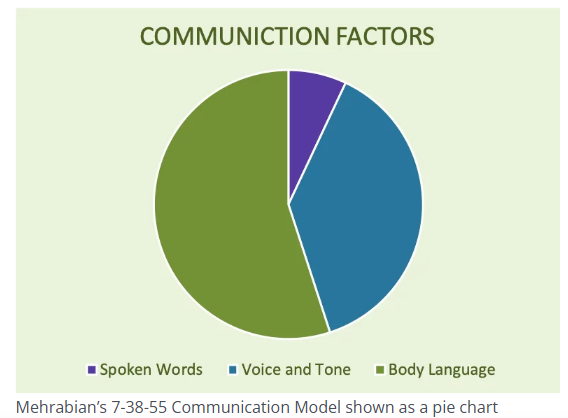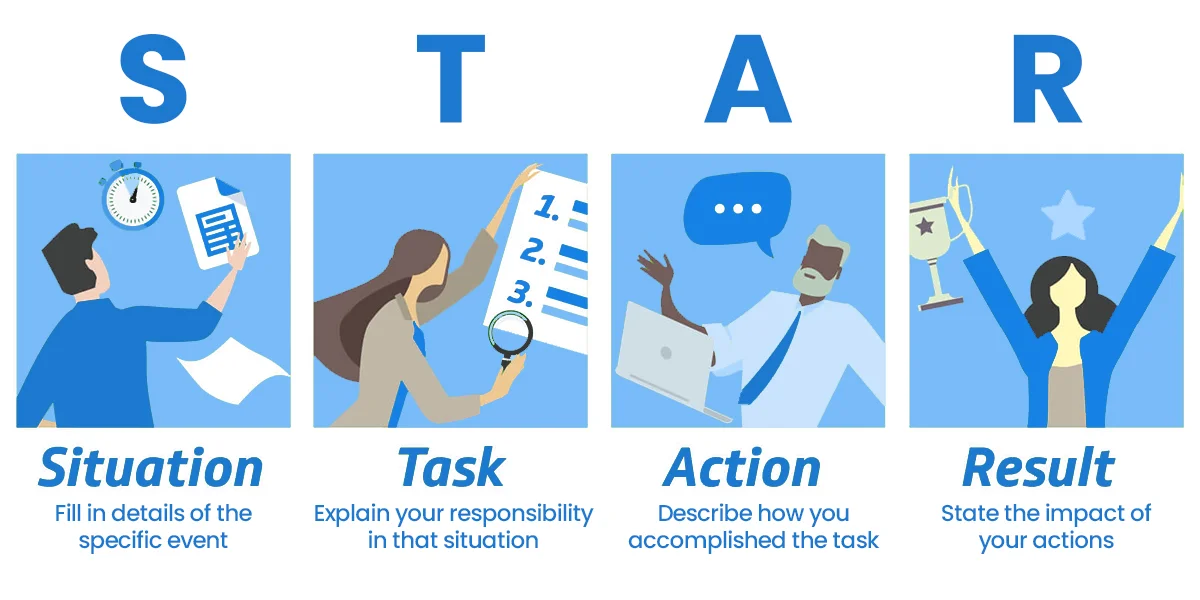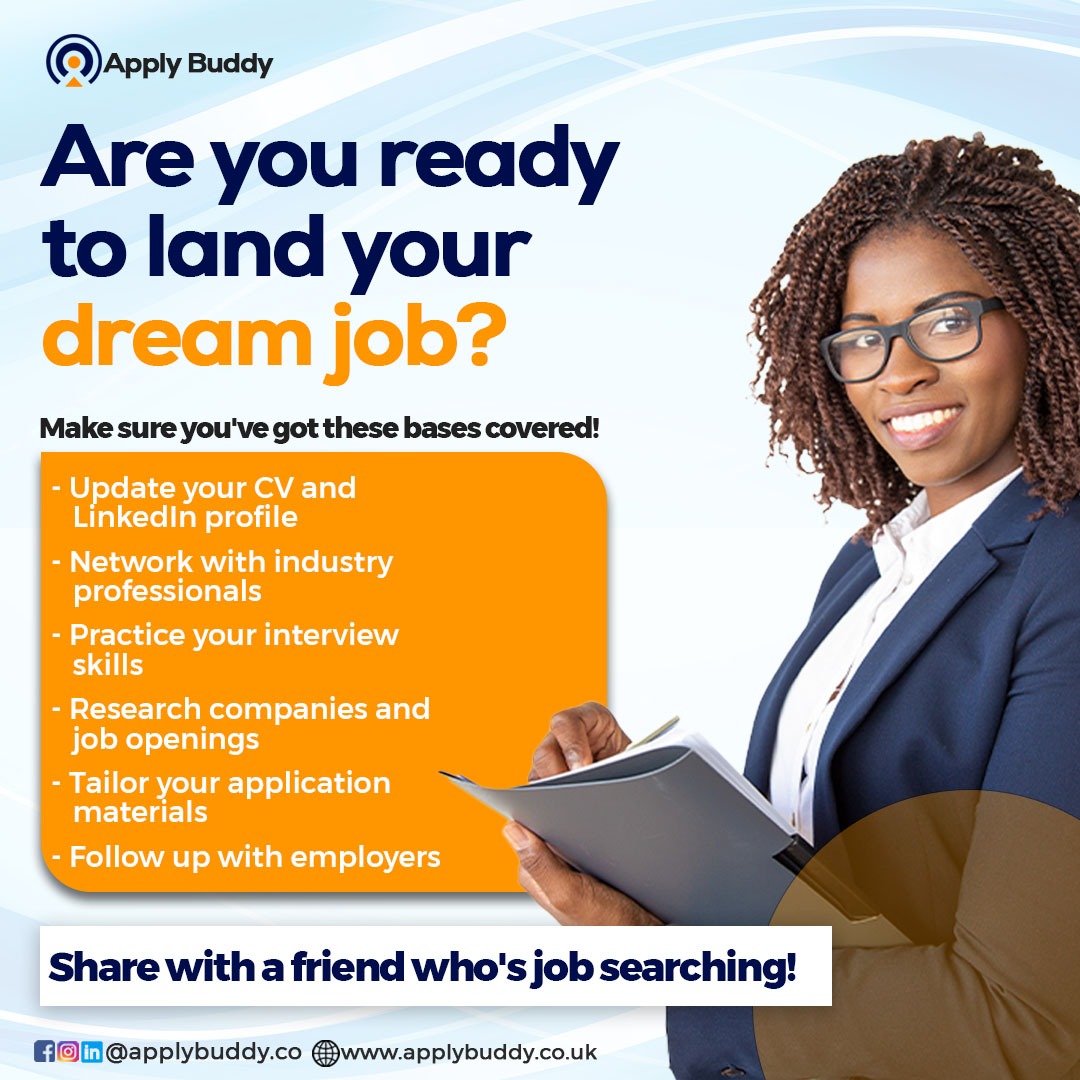Interviews can be nerve-wracking, and preparing for interviews like a pro: tips to land your dream job is all you need to make it less stressful. You walk in knowing that every word, gesture, and response is being analysed.
But here’s the kicker: With the proper preparation, you can turn an interview into an opportunity to shine.
Whether you’re a seasoned professional or a first-time job seeker, mastering interview preparation tips can make all the difference.
A successful interview isn’t just about answering questions correctly—it’s about presenting yourself as the best candidate for the job. Companies seek candidates who demonstrate professionalism, confidence, and a clear understanding of the role.
Following structured interview success tips will give you an edge over the competition and boost your confidence in job interviews.
Understanding the Interview Process
Job interviews can feel intimidating, but with the right preparation, you can turn them into opportunities to shine. The key is knowing what to expect and how to navigate each step confidently.
What Interviewers Look For and Common Interview Formats
Interviewers assess more than just your resume. They evaluate technical skills, problem-solving ability, communication, cultural fit, and confidence in job interviews.
In fact, a LinkedIn survey found that 74% of recruiters prioritise hiring candidates with strong communication skills, making it one of the most critical factors in landing a job.
But here’s the kicker: every interview format is different! The most common types include:
- Traditional one-on-one interviews: A direct conversation with a hiring manager.
- Panel interviews: Facing multiple interviewers assessing you at once.
- Behavioral interviews: Evaluating past experiences using the STAR method.
- Case study interviews: Testing your problem-solving approach in real-time.
- Technical interviews: Assessing your industry-specific expertise.
- Virtual interviews: Increasingly popular, often conducted via Zoom or Teams.
Also Read:
- Competency Vs Behavioural Interview Questions
- How to Apply for Jobs Without Experience (A Step-by-Step Guide)
Researching the Company and Role Thoroughly
Want to stand out? Show that you’ve done your homework. Employers appreciate candidates who understand their mission, values, and workplace culture strongly.
Surprisingly, 47% of hiring managers reject candidates who lack company knowledge, highlighting why research is essential.
Here’s how to research effectively:
- Explore the company’s website: Read their “About Us” and blog.
- Check recent news: Look for press releases or industry updates.
- Analyse job descriptions: Match your skills with the role’s expectations.
- Study employee reviews: Platforms like Glassdoor reveal workplace culture.
- Engage on LinkedIn: Follow the company and connect with employees.
Setting Clear Objectives and Personal Goals
Preparation goes beyond research. Setting clear objectives ensures you enter the interview with a solid game plan.
According to Zety, 80% of interview success is based on preparation, proving that planning ahead significantly improves performance.
Ask yourself:
- What strengths do I want to highlight?
- How can I demonstrate my skills effectively?
- What questions should I ask the interviewer?
- What salary expectations should I discuss?
Perfecting Your Presentation
A well-prepared candidate isn’t just someone who knows their resume inside out. How you present yourself – your confidence, communication, and overall demeanor – plays a crucial role in making a lasting impression. Here’s how to refine your presentation skills and stand out in any interview setting.
Also Read:
- How Long Should You Prepare For an Interview?
- How to Write a Supporting Statement for a Job Application
Crafting a Compelling Personal Brand
Your personal brand is what sets you apart from other candidates. It combines your skills, experiences, and the unique value you bring to an organisation.
Studies show that 77% of recruiters consider personal branding essential when evaluating job applicants.
Here’s how you can develop a strong personal brand:
- Define your key strengths and professional values.
- Align your experience with the company’s mission and culture.
- Use LinkedIn and other platforms to showcase your expertise.
- Practice delivering a concise, impactful personal introduction.
Want to know the best part? Candidates who actively manage their online presence and highlight their expertise are more likely to land job interviews.
Mastering Body Language and Communication Skills
Even if your resume is perfect, poor body language can weaken your impact in an interview. Research indicates that 55% of first impressions come from body language alone.

That means your posture, facial expressions, and gestures are just as important as your words.
Here’s how to use body language to your advantage:
- Maintain eye contact to show confidence and attentiveness.
- Keep an open posture—avoid crossing your arms or slouching.
- Use natural hand gestures to emphasise key points.
- Smile genuinely to create a positive connection with the interviewer.
But what about verbal communication? Being articulate and concise is key. Candidates who express themselves clearly are more likely to be remembered by recruiters.
So, practice answering common questions aloud and focus on speaking clearly and confidently.
Dressing for Success: Tips for a Professional Look
First impressions matter, and your outfit speaks volumes before you even say a word. Studies show that 65% of hiring managers believe that proper attire influences their hiring decision.
Dressing appropriately demonstrates professionalism, respect, and an understanding of workplace culture.
Here’s how to dress for success:
- Research the company’s dress code (corporate, business casual, or creative).
- Choose well-fitted, neutral-colored clothing for a polished look.
- Keep accessories minimal and professional.
- Ensure your clothes are clean, wrinkle-free, and appropriate for the role.
The bottom line? Dressing appropriately boosts confidence and leaves a strong first impression, making you appear more competent and prepared.
Answering Questions Like a Fool
Now that you’re prepared for research and presentation, the next critical step is answering questions clearly and confidently.
This is your time to demonstrate your qualifications and how well you think on your feet. Let me show you some strategies for answering questions like a pro.
Utilising the STAR Method for Behavioral Questions
Behavioral questions are designed to assess how you’ve handled situations in the past, as they can be strong indicators of your future behavior in similar circumstances.
The STAR method—Situation, Task, Action, Result—is one of the most effective ways to answer these questions.

Here’s how it works:
- Situation: Describe the context or challenge you faced.
- Task: Explain what your responsibility was in that situation.
- Action: Detail the steps you took to resolve the issue.
- Result: Share the outcome and, if possible, quantify the impact.
For example, if asked about a time when you solved a problem at work, you could say, “In my previous role, I was tasked with reducing customer complaints (Situation).
I initiated a new feedback system (Task), worked with the team to implement it, and we were able to reduce complaints by 40% in three months (Action and Result).”
The bottom line? Using the STAR method can make your answers clearer, more structured, and impactful.
Also Read:
- How To Tailor Your Job Search To Your Ideal Career Path
- How To Answer “What’s Your Biggest Weakness?”
Preparing for Role-Specific and Technical Questions
While behavioral questions test your soft skills, technical and role-specific questions assess your expertise.
If you’re applying for a technical position, be ready to explain industry-related concepts and how you’ve applied them in your past roles.
The key here is preparation. 70% of hiring managers say they expect candidates to be ready for technical questions. So, reviewing key technical skills, concepts, and tools that the job demands is critical. Here’s how:
- Research common technical interview questions in your field.
- Review the job description and identify the tools and software mentioned.
- Practice with mock interviews to simulate the pressure of the real deal.
- Prepare for whiteboard challenges or problem-solving exercises in technical interviews.
But why is this so important? Because it shows the employer that you’re ready to hit the ground running with the required skills.
Handling Difficult Questions and Staying Composed
There’s always a chance that you’ll encounter a tough question during your interview—whether it’s about your weaknesses, gaps in your resume, or a challenging past experience.
The trick is to stay calm and composed and turn these tough questions into opportunities.
Here’s how to handle these situations:
- Don’t panic. Take a moment to collect your thoughts.
- Be honest. If you don’t have a direct answer, share your approach to finding a solution.
- Frame weaknesses as areas for improvement and show how you address them.
- Don’t speak negatively about previous employers or colleagues—focus on what you learned from past experiences.
For example, if asked about a gap in your employment, say, “During that period, I focused on professional development by taking courses in [specific area]. It helped me improve my [skills], and I’m excited to apply that knowledge in this role.”
The bottom line? Your ability to stay composed and turn difficult questions into positive discussions can set you apart from other candidates.
Also Read:
- Overcome Interview Nerves and Build Confidence in the UK
- 3 Simple Hacks For Giving A Perfect Interview
Post-Interview Strategies
The interview is over, but your job isn’t done yet. Following up appropriately after an interview is just as important as preparing for it.
How you handle the post-interview phase can leave a lasting impression on the interviewer and potentially increase your chances of landing the job. Let’s break down the strategies that can help you make the most of this critical stage.
Writing Impactful Thank-You Notes
A well-crafted thank-you note is one of the most effective ways to express your appreciation for the opportunity and reiterate your interest in the position.
Research shows that 80% of hiring managers consider thank-you notes to be an important factor in their decision-making process.
Here’s how to write an impactful thank-you note:
- Be prompt: Send your note within 24 hours of the interview.
- Be specific: Reference something specific from the conversation that stood out to you.
- Express gratitude: Thank the interviewer for their time and consideration.
- Reaffirm your interest: Mention why you’re excited about the opportunity.
For example, “Thank you for taking the time to meet with me today. I’m excited about the opportunity to contribute to your team, especially with the [specific project or initiative discussed]. I believe my skills in [specific skills] would be a perfect fit for this role.”
Now, the best part? A well-written thank-you note can make you stand out from other candidates who may not have taken the time to follow up. It shows you’re thoughtful, respectful, and committed.
Following Up Effectively Without Being Pushy
Following up is crucial, but timing and tone are everything. If you don’t hear back within the timeline provided by the interviewer, a polite follow-up email can demonstrate your continued interest without appearing desperate.
Here are a few tips:
- Be patient: Give the company time to review candidates before sending a follow-up.
- Be polite and concise: Keep your message respectful and to the point.
- Reaffirm your enthusiasm: Mention your interest in the role and reiterate why you’d be a great fit.
For instance: “I wanted to follow up on our conversation last week regarding the [Job Title] role. I’m still very enthusiastic about the opportunity and would love to contribute to [specific project or company goal]. Please let me know if I can provide any additional information.”
What’s the bottom line? Following up appropriately shows professionalism and reinforces your interest, making it easier for the employer to remember you when deciding.
Using Feedback for Continuous Improvement
Not every interview results in an offer, but every interview is an opportunity to learn and grow.
Seeking feedback is a valuable way to understand what you did well and what areas need improvement. It’s also a great way to show that you’re committed to personal growth.
Here’s how to ask for feedback:
- Ask respectfully: Approach the interviewer politely and express gratitude for their time.
- Be specific: Request feedback on certain aspects of your interview, like your responses or presentation.
- Accept feedback gracefully: Don’t argue or get defensive—use the feedback to improve.
For example: “Thank you for the opportunity to interview for the [Job Title] role. I’d really appreciate any feedback you can share about my performance, as I’m always looking to improve.”
The bottom line? Gathering feedback helps you improve for future interviews and shows the employer that you’re self-aware and committed to growth.
These post-interview strategies are essential to maintaining professionalism and leaving a lasting impression on potential employers. Incorporating them into your interview process can help you stay top of mind as hiring decisions are made.
Also Read:
Conclusion
Preparing for interviews like a pro involves much more than just rehearsing answers. It’s about presenting yourself as a confident, skilled, and thoughtful candidate who’s ready to take on the role.
Every step is crucial, from researching the company to writing impactful thank-you notes. These tips and strategies can increase your chances of landing your dream job.
So, are you ready to nail your next interview? Start by practicing with mock interviews, preparing with the STAR method, and staying composed under pressure. With the right preparation, you’ll be on your way to landing that dream job.
For even more help with your interview prep, consider using ApplyBuddy’s Interview Prep Services.

With expert guidance, personalised mock interviews, and tips tailored to your career goals, ApplyBuddy ensures you’re fully equipped to shine in your following interview. Check us out today and take your interview preparation to the next level!
Frequently Asked Questions (FAQs)
What are the best ways to prepare for an interview?
Combining thorough research with practical preparation is the best way to prepare for an interview. Start by researching the company and understanding the role you’re applying for.
Know the company’s culture, values, and recent projects. Then, rehearse answers to common interview questions using the STAR method for behavioral questions. Practicing mock interviews can also boost your confidence.
How can I effectively showcase my skills during an interview?
Use the STAR method to describe situations where you used these skills to achieve positive results. Ensure your answers are concise, focused on the job requirements, and highlight relevant skills.
Showing your strengths align with the company’s needs will demonstrate that you’re a strong candidate.
What should I wear to make a positive impression in an interview?
Choose appropriate attire for the company’s culture and the role you’re applying for. If you’re unsure, it’s better to be slightly overdressed than underdressed.
Ensure your clothes are clean, neat, and free from wrinkles. Pay attention to personal grooming, and choose subtle accessories.
How soon should I follow up after an interview?
You should follow up with a thank-you note within 24 hours of the interview. This shows professionalism and appreciation for the interviewer’s time.
If the interviewer provided a timeline for their decision, wait until after that period before sending a polite follow-up email if you haven’t heard back.
